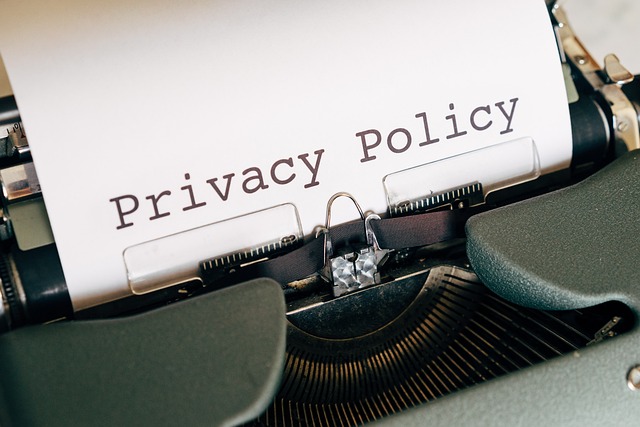The rise of social media has transformed the way we connect, communicate, and share information. However, with these advancements come significant concerns regarding our privacy and the security of our personal data. This is where data protection standards come into play, offering guidelines and frameworks to safeguard user information in an ever-evolving digital landscape.
As we scroll through feeds filled with photos, articles, and updates, we often share snippets of our lives without fully understanding the implications. Each like, comment, and share adds another layer to our digital footprints. It’s crucial for users to be aware of how their data is being collected, used, and protected by social media platforms. The impact is profound; when data protection standards are upheld, individuals can engage in a safe online environment, but lapses can lead to vulnerabilities and breaches.
Social media companies must adhere to stringent data protection standards to ensure that they handle our information responsibly. This includes obtaining explicit consent for data collection, being transparent about how data is used, and implementing robust security measures to avoid breaches. The European Union’s General Data Protection Regulation (GDPR) is one example of a strong regulatory framework that enforces these principles and empowers users with greater control over their personal information.
Users also bear a responsibility in this digital age. It’s essential to be vigilant about the platforms we join and the information we share. Educating ourselves on privacy settings, understanding the implications of our choices, and regularly reviewing our data sharing preferences can dramatically influence our online safety. Engaging critically with social media and advocating for better data protection standards not only empowers individuals but also compels companies to prioritize user privacy.
Moreover, the implementation of effective data protection standards can foster trust between social media platforms and their users. When companies take the necessary steps to secure user data and are accountable for their practices, it leads to a stronger relationship built on transparency and respect. As users, we should demand these standards as a baseline expectation, not a luxury.
As we continue to navigate the complexities of digital communication, understanding the interplay between social media and data protection standards becomes increasingly critical. By advocates for enhanced regulations and by making informed choices, we help to shape a safer digital future for all.




